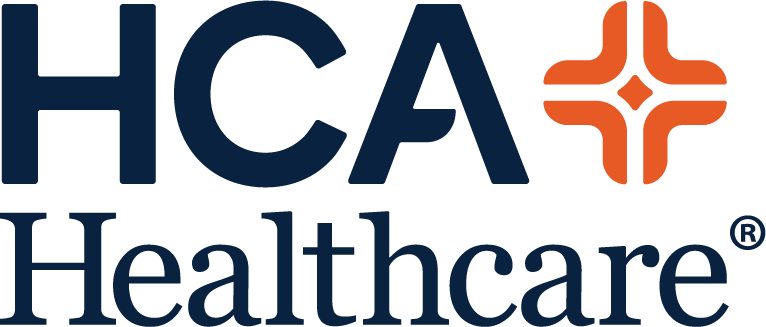March 15, 2023 – As the number of young adults with colon cancer continues to rise, doctors with HCA Florida Healthcare are using March as National Colorectal Cancer Awareness Month to address the chief misunderstanding of the disease and emphasize the importance of a colonoscopy starting at age 45.
“There’s a myth that colon cancer is ‘an old person’s disease,’” explains Meir Mizrahi, M.D., Advanced Endoscopy Fellowship Program Director at HCA Florida Largo Hospital and HCA Healthcare West Florida Division Advanced GI Medical Director. “But the reality is we continue to see a steady increase in cases among younger patients, and that’s certainly cause for concern.”
Not including skin cancer, colorectal cancer is the third most commonly diagnosed cancer and the second leading cause of cancer deaths in American men and women combined, according to the American Cancer Society.
Other alarming trends, according to the organization, include:
- Adults with colorectal cancer under the age of 55 are 58 percent more likely to be diagnosed with a later‐stage disease than older adults.
- Colorectal cancer can occur in adults without any detectable symptoms.
- Roughly one in three individuals in the U.S. who should get tested for colorectal cancer have never been screened.
While some uncertainty remains over what specifically is driving the increase in colon cancer among young adults, doctors say genetic conditions, an unhealthy diet high in processed meats, excessive drinking, lack of physical activity, smoking and obesity are all believed to be contributing risk factors.
Chronic conditions such as inflammatory bowel disease, Crohn’s disease and ulcerative colitis also can lead to accelerated cancer-causing inflammation in the gastrointestinal tract.
“The good news is colorectal cancer is one of the most preventable malignancies,” says Mizrahi. “A colonoscopy not only detects cancer, it can identify precancerous polyps which can be safely removed before they become colon cancers.”
In response to the growing number of cases in young adults, in 2021 the American Cancer Society updated its guidelines for colorectal cancer screening for those at average risk to begin screening at age 45. Individuals in good health should continue regular colorectal cancer screening every ten years through the age of 75.
“A colonoscopy not only detects early cancer, by removing precancerous polyps during the procedure we can frequently prevent the development of colon cancer,” according to Dr. Alex Crean, colorectal surgeon at HCA Florida Memorial Hospital in Jacksonville. “Plus, the procedure is essentially painless.”
Screening is considered a free preventive measure under most insurance providers and is typically covered at no cost to the patient.
Symptoms of colorectal cancer include bright red, black, or tarry blood in stool; consistent fatigue feelings; constipation, diarrhea, or a feeling of an unemptied bowel; abdominal discomfort; unexpected weight loss; and unusually narrow stools, according to HCA Florida Healthcare.
“This is about spreading awareness for the need to get screened and understand the early warning signs of colorectal cancer,” Mizrahi adds. “We know that can save lives.”
Learn more about colorectal cancer and the importance of preventive screenings.





























